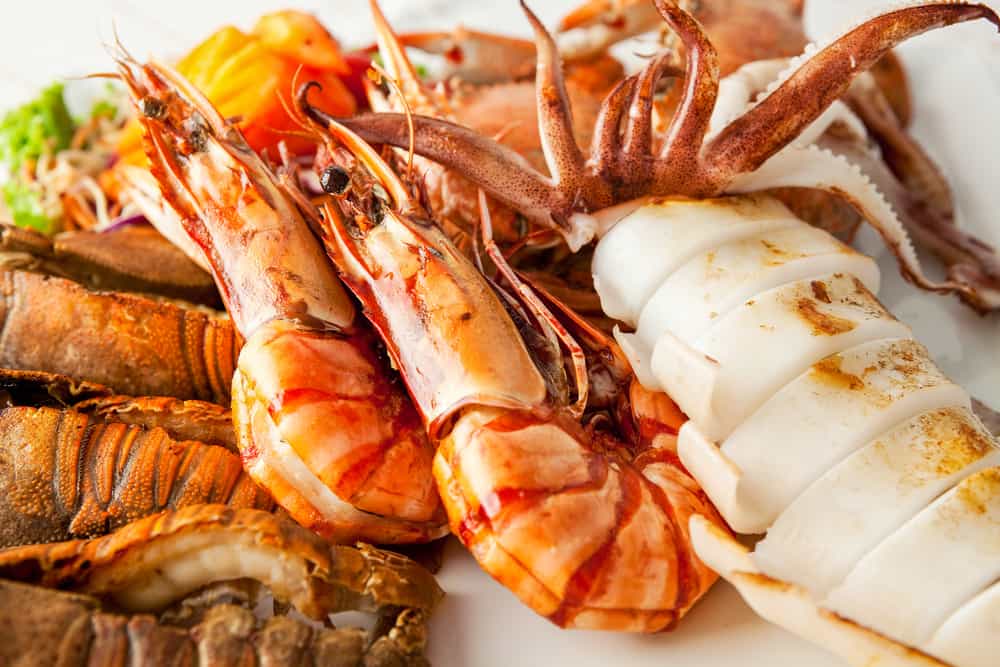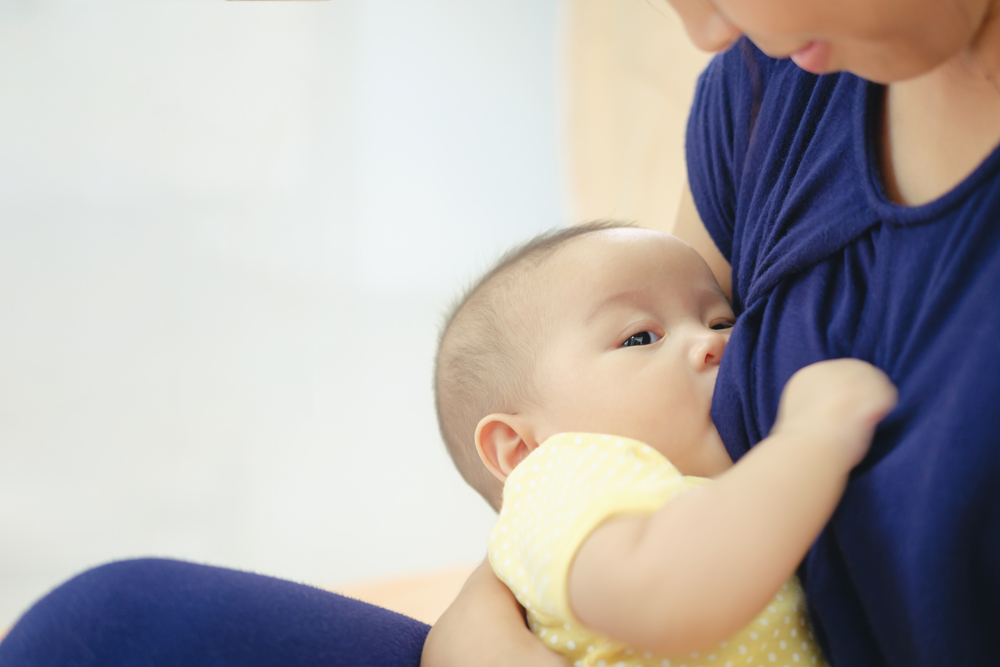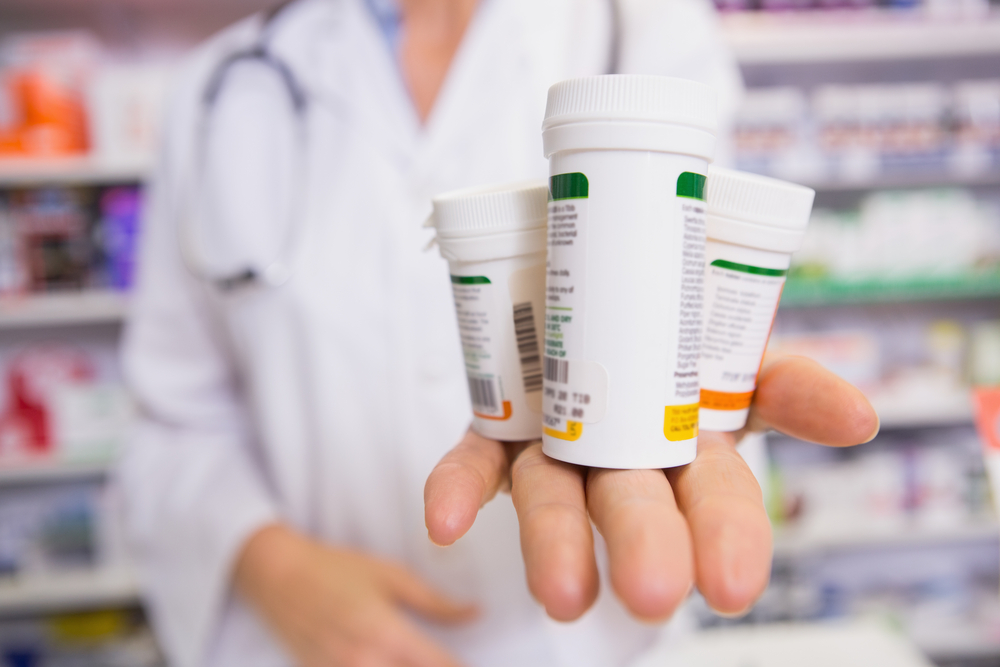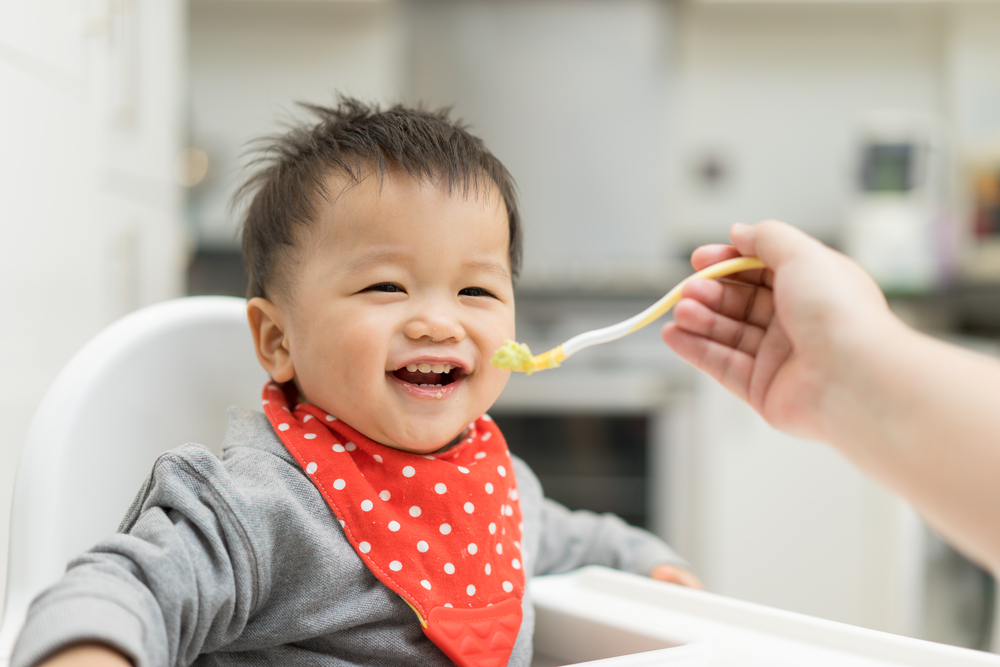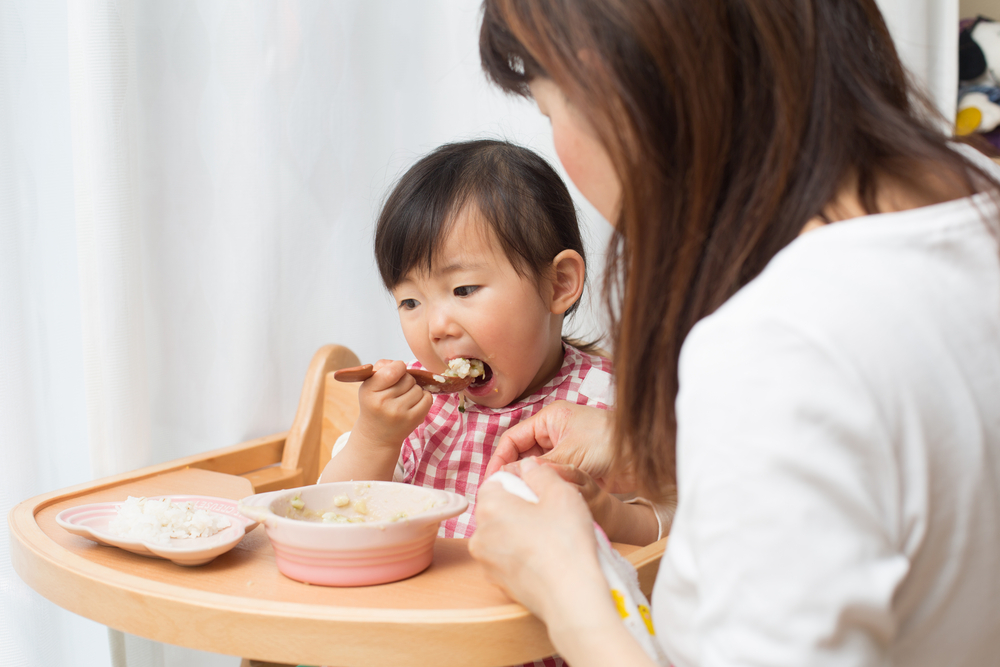Contents:
- Medical Video: Top 10 Foods to Avoid While Breastfeeding
- Benefits of eating seafood while breastfeeding
- Recommended seafood consumption while breastfeeding
- But do not carelessly consume fish
Medical Video: Top 10 Foods to Avoid While Breastfeeding
You may have heard that nursing mothers who eat fish or seafood can make their milk become fishy. Of course this is not true. So, don't let such an assumption make you avoid eating fish or seafood. In fact, eating fish or seafood while breastfeeding is actually beneficial for both mother and baby. Want to know what are the benefits? Check this out.
Benefits of eating seafood while breastfeeding
The myth that eating seafood while breastfeeding makes milk smell fishy you no longer need to believe. In fact, science and medical science prove that by limiting or even avoiding the consumption of certain foods during pregnancy and breastfeeding, including fish and seafood during pregnancy and lactation, it can cause children to lack important nutrients needed for their growth and development. That is what Dr. Stephen Ostroff, United States Food and Drug Administration chief scientist, quoted from WebMD.
In fish and seafood there are many important nutrients for babies, for example protein, calcium, and omega-3 fatty acids. Protein is needed to build and repair body cells. Calcium (especially in anchovy) is needed to help develop bone in children. Meanwhile, omega-3 fatty acids are needed to help the growth and development of a child's brain. In addition, also to protect the heart health of children.
Not only that, fish and seafood also include low fat, unlike meat which generally contains more fat. So, fish or seafood can be a good source of protein for you, without having to worry about excess fat intake.
Recommended seafood consumption while breastfeeding
Pregnant and lactating mothers are advised to increase weekly fish or seafood consumption, at least 8-12 ounces of fish per week. This is equivalent to two to three servings of fish or seafood every week. Eat various types of fish and seafood so you can get higher nutritional benefits.
But do not carelessly consume fish
Even though fish is very beneficial for pregnant and lactating women, but do not carelessly consume fish and seafood. Why? This is because some fish and shellfish contain high levels of mercury. High levels of mercury in the body can interfere with the development of the child's nervous system.
The risk of mercury in fish and shellfish depends on the amount of fish and shellfish you eat and the mercury levels in the fish and shellfish. Some fish with high mercury content are shark, swordfish, king mackerel fish, and tilefish. Well, this type of fish you should avoid consuming. Apparently, this is not a problem because it's not the fish you usually eat.
Meanwhile, fish with low mercury content, such as salmon, tuna, tilapia, and cod. You can still eat these types of fish. No need to worry because the mercury content is low.
How about consuming raw fish like sushi? Pregnant women are not advised to eat raw fish for fear that there are still bacteria in fish that can cause infection. However, this is different from nursing mothers. Nursing mothers are allowed to eat raw fish such as sushi. This is because the risk of bacterial infection from raw fish will not harm the baby. Why? Because the baby is no longer connected to the umbilical cord, like when it's still in the womb.
However, you should also pay attention to the cleanliness of the raw fish you eat. Of course, you also don't want to get a bacterial infection due to raw fish, right?

